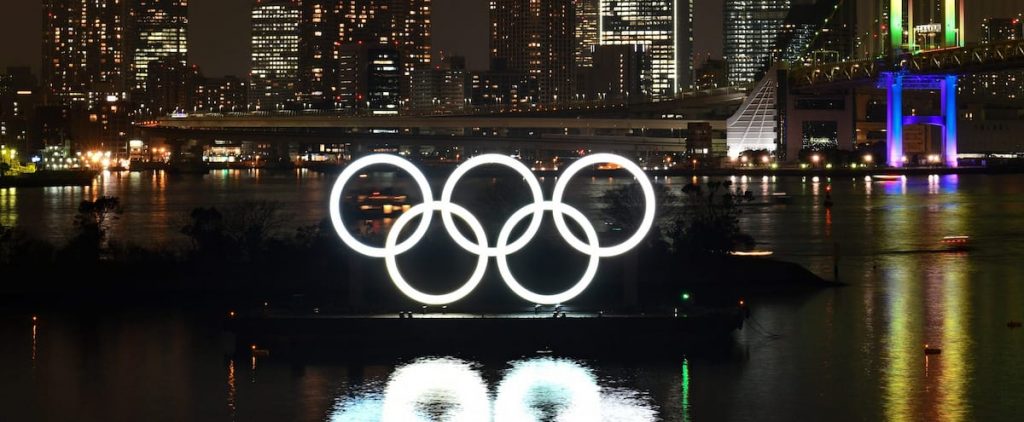The Japanese government decided, Thursday, to return the health emergency in Tokyo to normal for the duration of the Olympic Games scheduled to open in two weeks, which portends little or no spectators.
• Read also: The epidemic has killed more than four million people worldwide
Japanese media have raised the possibility of holding a closed session at most of the Olympic stadiums in Greater Tokyo.
“In many regions, the number of new cases (COVID-19) has decreased, but has continued to increase since the end of last month in the greater Tokyo area,” the Japanese prime minister said when announcing the decision. The media had expected on Wednesday.
“We need to intensify measures to prevent the infection from spreading again across Japan, given the impact of the new variables,” Suga added.
The most contagious delta variant now accounts for about 30% of cases in Japan.
The announcement came a few hours after IOC President Thomas Bach arrived in Tokyo. In the evening, Mr. Bach will participate online (obligated to observe a three-day quarantine) in a meeting on the crucial issue for domestic viewers at the Olympics.
In Japan, health emergency measures are much less stringent than lockdowns imposed elsewhere in the world, limiting the sale of alcohol and forcing bars and restaurants to close early.
But the restrictions also relate to the number of spectators at cultural and sporting events, which is a key question two weeks before the Olympics (July 23 – August 8).
The Japanese government’s decision should have an impact on the position of the Olympic organizers, who must finally determine, in principle, Thursday evening, the number of spectators likely to be allowed in venues during the events.
Strict procedures
In March, they already banned the arrival of spectators from abroad (for the first time in the history of the Olympics) and last month, they set a cap of 10,000 local spectators or 50% of the site’s capacity, whichever is less.
But the organizers acknowledged that this number could be reduced significantly, and that the games could be held behind closed doors if the health situation worsened.
The presence or absence of an audience is a mystery to the ticket office. A lottery that was supposed to draw fewer spectators continued to be refused.
About 11,000 athletes are expected to participate in the Tokyo Olympics as strict anti-Covid measures have been imposed by the organizers.
While the Japanese archipelago has so far been relatively spared from the COVID-19 pandemic, with around 14,900 officially recorded deaths since early 2020, its vaccination program is progressing very slowly.
Just over 15% of the population has been fully vaccinated so far, and experts fear the delta variant could cause a new wave that could overwhelm hospitals in Japan, which has seen several health emergencies since last year.
However, the Tokyo 2020 Organizing Committee is striving to create some enthusiasm for these games that have been plagued by the epidemic.
The Olympic torch relay, which has been banned on public roads in most parts of Japan, will take place behind closed doors starting Friday in the capital where very limited celebrations are scheduled until the Games.
Organizers announced on Tuesday that they would ask the public to “refrain” from attending the marathon and walking events in Sapporo (northern Japan).
Polls show that due to the health risks, many Japanese remain hostile to hosting the Games, although opposition has weakened in recent weeks.

“Hipster-friendly tv trailblazer. Problem solver. Infuriatingly humble introvert. Reader. Student. Subtly charming bacon maven.”






More Stories
Tour de France | Kevin Vauquelin wins stage 2, Hugo Holley finishes ninth
Daniel Briere breaks down in front of reporters
“In the sixth round, we were looking for a Quebecer, but he was selected.”